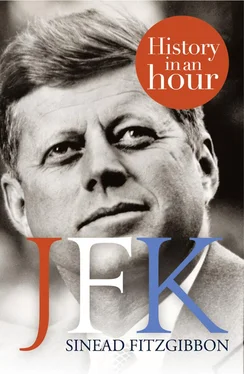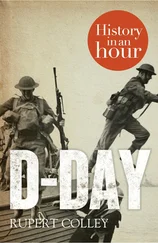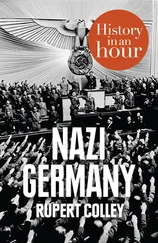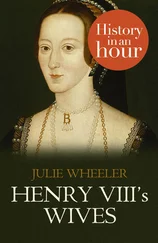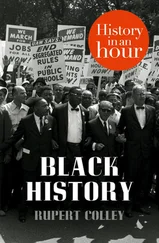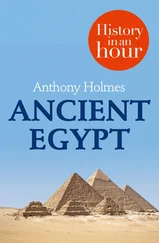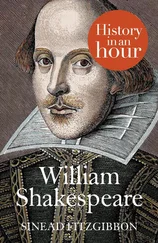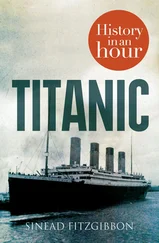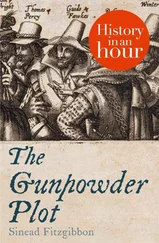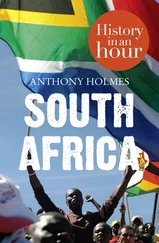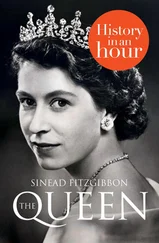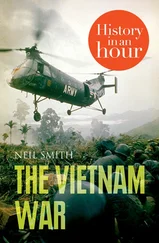On 12 August 1944, Lt Joseph Kennedy and his co-pilot, Lt Wilford John Willy, took to the air in a B-24 Liberator packed with 22,000 lbs of dynamite, the maximum amount of explosives that could be carried by a plane at the time. Their target, on the Belgian coast, was the launching site of the German V-1 flying bombs (Doodlebugs), which had been bombarding London since June. Their plan was to fly to 2,000 feet, activate the remote control system, arm explosives, and parachute from the aircraft. Joe Jr, no doubt aware that a number of previous attempts at such an attack had ended disastrously, reportedly asked a friend to ‘tell my Dad that I love him very much’, should he not come back.
Joe Jr didn’t come back. The explosives ignited not long after take-off, engulfing the plane in a ball of fire in the skies over South East England. Joe Jr’s body, and that of his co-pilot, were never recovered.
Lt Joseph Kennedy, Jr, 1942
The death of the eldest son left the Kennedys shaken. Aside from his grief, Jack was also greatly upset by the realization that his brother had now become idealized in his father’s eyes and thus a figure of impossibly high comparison. ‘I’m shadowboxing’, he said, ‘in a match the shadow is always going to win.’
Passing the Baton
No longer able to hide the extent of his medical problems – which, by this stage, ranged from stomach problems, intestinal problems including spastic colitis, incessant back pain, weight loss, and jaundicing of the skin – Kennedy was discharged from the navy on medical grounds in March 1945.
He now tried his hand at journalism, writing a number of articles as he recuperated from back surgery. One particular piece, in which he called on the US to avoid entering an arms race with the Soviet Union brought him to the attention of the newspaper magnate, Randolph Hearst. As soon as Kennedy regained his strength, Hearst despatched the 28-year-old to San Francisco to cover the United Nations conference. In all, he wrote seventeen short pieces – often highlighting the growing tensions between the West and the USSR – which were published in the Chicago Herald-American. But instead of establishing a journalistic career, Kennedy’s experience at the UN conference whetted his appetite for post-war international politics.
But if he harboured any doubts about his future direction, his father soon dispelled them. It was no secret that Joe Sr had long held ambitious plans to establish his family as a political force, and now, in the stead of his favoured eldest son, he encouraged Jack to fulfil these hopes.
But it would not be easy. ‘He [Joe Jr] was altogether different from Jack,’ the Kennedy patriarch once said. ‘[Joe Jr was] more dynamic, more sociable, more easy-going. Jack […] was rather shy, withdrawn and quiet. His mother and I couldn’t picture him as a politician.’ Nevertheless, Joe Sr persevered, telling a reporter in 1957:
I got Jack into politics. I was the one. I told him Joe was dead and that it was therefore his responsibility to run for Congress. He didn’t want to do it. He felt he didn’t have the ability and he still feels that way. But I told him he had to do it.
For his part, Jack likened the onslaught from his father in loaded terms. ‘It was like being drafted’, he said, ‘my father wanted his eldest son in politics. “Wanted” isn’t the right word. He demanded it.’ Initially, he rebelled instinctively and resisted the pressure. ‘Dad is ready right now,’ he said to a friend, ‘and can’t understand why Johnny boy isn’t all engines ahead full.’
Конец ознакомительного фрагмента.
Текст предоставлен ООО «ЛитРес».
Прочитайте эту книгу целиком, купив полную легальную версию на ЛитРес.
Безопасно оплатить книгу можно банковской картой Visa, MasterCard, Maestro, со счета мобильного телефона, с платежного терминала, в салоне МТС или Связной, через PayPal, WebMoney, Яндекс.Деньги, QIWI Кошелек, бонусными картами или другим удобным Вам способом.
